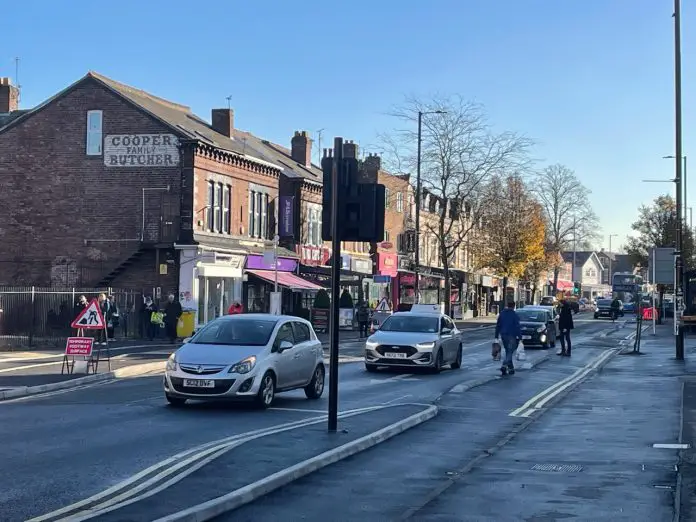A new report out this morning says that The UK’s tax system is fuelling regional inequality.
Taxing income more than we tax wealth disproportionately benefits those in the South according to the analysis by the think tank IPPR North
They say that a person in the North of England will have, on average, £210,000 less wealth than someone from the South East by 2030, with the problem made worse by lower taxes on wealth than income
The tax system they say is accelerating regional inequalities: income from work is generally more highly taxed than income from wealth.
Having explored the regional distribution of where taxes are paid and compared this to the advantages of the tax system for incomes from wealth as compared to earnings from work, we conclude that the tax system is accelerating regional inequalities.
Spatial inequality is a systemic feature in the UK because of the lighter tax treatment afforded to wealth compared to work: There is a high concentration of wealth stocks and incomes from wealth in some parts of the country. For instance, chargeable capital gains per head amount to over £2,400 in London but only £500 in Wales.
The report calls for three major changes in tax policy
Taxing different types of income equally: In the long-term we propose a unified tax schedule for all income types, including capital gains and dividends, to align with income from work by the end of this parliament. In the short-term, we propose the equalisation of capital gains tax with income tax implemented at the upcoming budget.
Reforming property tax: In the long-term we support replacing the outdated and regressive council tax with a proportional property tax to reduce regional inequalities over this parliamentary term. In the short-term, we propose immediate reforms, such as higher levies on empty homes and two new additional higher council tax bands at the next fiscal event.
Reforming the transfer of wealth: In the long-term we propose replacing inheritance tax (IHT) with a lifetime capital acquisitions tax to reduce intergenerational wealth inequality in this Parliament. At the budget we propose capping IHT reliefs on business and agricultural transfers to minimise tax avoidance now.
Marcus Johns, IPPR North Senior Research Fellow, said:
“The tax system’s bias towards wealth is one of the most significant barriers to levelling up that we face.
“Our research shows that we under tax income from wealth compared to income from work and this special treatment benefits people living in the richest parts of the country like London and the South East. This is not just unfair, it’s a handicap on our efforts to rebalance wealth and opportunity between the regions.
“The evidence shows that 60 per cent of all private wealth in the UK is inherited rather than accumulated through work. That means people who inherit very little, or nothing, face an uphill task to build the wealth needed for a comfortable lifestyle.
“We need to level the playing field on tax, to reflect the value we place as a society on work and productive wealth creation as opposed to wealth extraction.”







